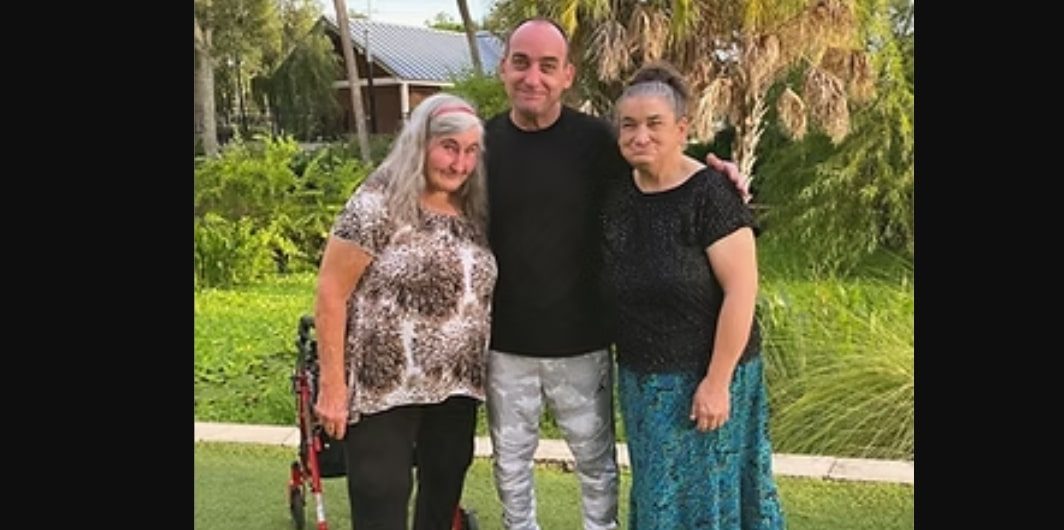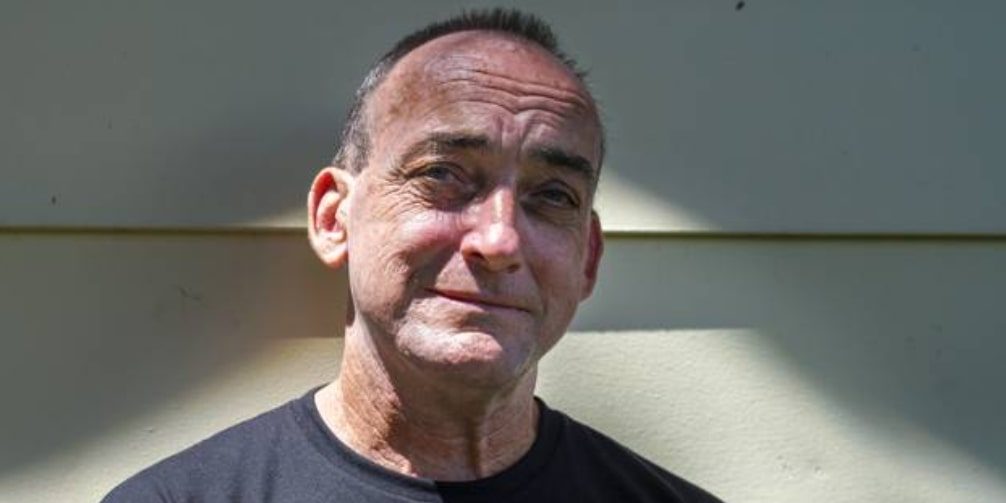In August 1983, authorities discovered the body of Barbara Grams in Tampa, Florida, and quickly suspected a connection to a similar murder, that of Linda Lanson, that had occurred just a month earlier. Not long after, they arrested a young man named Robert DuBoise, who was ultimately convicted of Barbara’s murder. For over 30 years, the case remained closed until modern DNA testing brought new insights, revealing that DuBoise had not committed the crime. The episode titled ‘Terror at the Suncoast Club’ from ID’s ‘The Playboy Murders’ revisits the case of the disturbing murder of Linda Lanson and Barbara Grams and explores how DuBoise was finally exonerated after decades of wrongful imprisonment.
Robert DuBoise Was Convicted of Murder on the Basis of an Alleged Bite Mark
In 1983, Robert DuBoise was just 18 years old and living in Tampa, Florida, when police unexpectedly arrived at his home in October with questions about the murder of Barbara Grams. Her body had been discovered in a nearby area in August 1983. Authorities claimed to be following up on tips that Robert had a reputation for getting into trouble. He fully cooperated with the investigation and consistently insisted he had nothing to do with the crime. Investigators took an impression of his teeth, which later became the centerpiece of the prosecution’s case. They claimed the mold matched what appeared to be a bite mark found on the victim. Robert was formally charged with capital murder and attempted sexual battery.

His trial took place in 1985, during which the prosecution relied heavily on two pieces of evidence: the alleged bite mark and the testimony of a jailhouse informant who claimed Robert had confessed while in custody at Hillsborough County Jail. The informant got his sentence reduced after his testimony. The jury found Robert guilty, and he was sentenced to death. In 1988, the Florida Supreme Court overturned the death sentence and replaced it with life imprisonment plus 15 years. Determined to prove the truth, Robert pursued all legal avenues available to him. In 2006, he filed a motion requesting post-conviction DNA testing. However, in 2008, he was informed that the physical evidence from the original investigation had been destroyed years earlier.
In 2018, the Innocence Project took up his case. During their review, they uncovered that DNA slides from the original autopsy of Barbara had been preserved in storage, and they were submitted for advanced DNA testing. They conclusively showed that Robert’s DNA was not present. Additionally, experts reevaluated the bite mark evidence and determined that the methodology used at the time was scientifically flawed and no longer considered reliable. On August 27, 2020, after spending 37 years behind bars for a crime he did not commit, Robert was finally released from prison. Just a few weeks later, on September 14, 2020, a judge officially vacated his conviction.
Robert DuBoise is Working in Building Maintenance Today
In later interviews, Robert DuBoise shared that his first meal after being released was a wedge salad and fried okra at Ulele. He said he didn’t remember eating much of it, as he was still in shock that he had been freed. He stated that while he had always kept faith in his innocence, after his third parole rejection, all he cared about was that, even if he died, his name would be cleared for the sake of his family. In October 2021, he filed a lawsuit against the City of Tampa, four Tampa police officers, and the forensic odontologist who had testified against him. In February 2024, the case was settled. The defendants admitted no wrongdoing but agreed to pay $14 million. However, the state required Robert to repay the $1.85 million he had previously received in compensation for his wrongful conviction.

Robert said the money would not change anything for him, but also maintained that he was no longer angry. One of the first things he did after his release and receiving the settlement was rewiring his aunt’s house. According to a March 2024 report, Robert was working as the head of building maintenance at the Ardea Country Club in Oldsmar, Florida. He had purchased a house within the country club community and shared that one of his biggest hopes in life was to have a wife and family. He expressed that he might consider adopting children of his own to give them a stable and loving home.
Robert also spoke about the challenges of adjusting to the changes in the world, especially when it came to technology like smartphones. His sister, Harriett, and his mother, Susan Friedman, have been his greatest supporters, and he spends most of his time with them. He has also expressed a desire to advocate for others who have been wrongfully convicted and said that he hopes to use his experience to make a difference.
Read More: Linda Lanson and Barbara Grams Murders: Where are Amos Robinson and Abron Scott Now?


